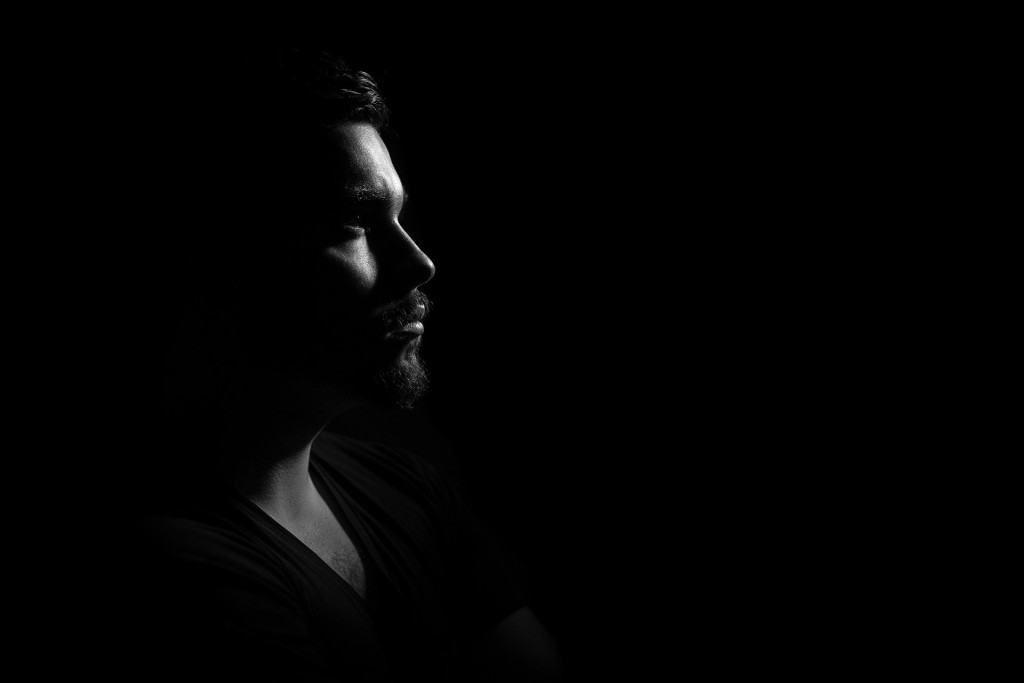
Parashat Sh’lah
Numbers 13:1 – 15:41
What makes one person crumble in the face of a crisis while another person remains steadfast and courageous? This is a recurrent question raised in every place and every era when and where human goodness and faithfulness is put to the test by challenging circumstances and by the spread of popular fear in response – which is to say, always.
This is the question raised by the example of Noah, a righteous man surrounded by a corrupt society. And this is the question raised in our Torah reading by the examples of Caleb and Joshua, the two scouts who refuse to go along with the ten other scouts who persuade the entire people of Israel to flee from God and from their destiny. What gave these two men the strength to brook the tsunami of fear and outrage against God that engulfed the whole people?
In contrast to the Noah story, here we are presented with two heroes, not one isolated man. So we can try to learn from two people who were different and yet also similar. They both stood up to the crowd and they were “shomrei emunah.” They kept the faith. But further comparison between the two men is difficult because we know more about one of them than the other. Joshua has already been introduced to us as Moses’ loyal aide. Joshua fought Amaleq soon after the Israelites left Egypt. (Ex. 17:9) He followed Moses part way up Mount Sinai and waited there for his return. (Ex. 24:13 and 32:17) He stays in Moses’ tent as his helper after the debacle of the Golden Calf. (Ex. 33:11) Joshua zealously guard’s Moses’ position, even more so than Moses himself. (Num. 11:28) So we understand that Joshua has developed deep ties to Moses and has benefited from Moses’ mentorship.
This history is the basis for two different readings of a verse in our Torah portion. After the twelve scouts are listed by name, we are told that Moses changed Joshua’s name, adding the letter yud to stand for God’s Presence, to mean “Saved through God’s Presence,” for it had originally been simply Hoshea -salvation. (Num. 13:16) Since the verse immediately follows the list of appointed scouts, it seems that Moses changes his protégé’s name right at this moment, just as he was about to embark on this mission. Rashi explains: “He [Moses] prayed on his [Joshua’s] behalf – ‘May God save you from the plot of the
scouts.”
But others prefer to date this verse from the very beginning of Joshua’s career as Moses’ assistant. This would explain why all earlier references to Joshua use this name, and not “Hoshea.” According to this reading, it is the name “Hoshea” that needs explanation. Why is it mentioned here? Sforno offers that this was the name given to him by the people, who saw him as a savior on his own merits, without any reference to God’s help. The people appreciate Joshua’s special qualities, but they do not fathom his loyalty. Thus, we come to understand Joshua as a person who has been groomed for a long while to stand with God, at this moment, against the people. He is the faithful apprentice who has internalized his training well.
But what about Calev (Caleb)? What gave him the strength to stand up to the people? Indeed, he rose to a prominent position in Israelite society. But so did his ten colleagues. Yet they were overturned by their fear and, in their panic, turned against God and Calev did not. We know nothing of any special training given to Calev to prepare him to resist this peer pressure or the voice of the masses. So, what about Calev? No one knows. Calev shows us the unknown potential in each of us to be true to our beliefs and our values, even without the benefit of great mentors and excellent education. In this way Calev represents a challenge to each of us. He shows us that one does not have to be a Joshua to be courageous and faithful. The strength lies within us, for the choosing.
Shabbat Shalom
Rabbi David Greenstein
Subscribe to Rabbi Greenstein’s weekly d’var Torah
image: “untitled” by “1866946”, via Pixabay License
Thank you to John Lasiter for suggesting the title and selecting an image for this Torah Sparks – Rabbi Greenstein
- Toby Stein: In Memoriam - Thu, Feb 8, 2024
- Faithfulness and Hope: Parashat Sh’lach - Thu, Jun 23, 2022
- Past Their Prime: Parashat B’ha`a lot’kha - Thu, Jun 16, 2022
